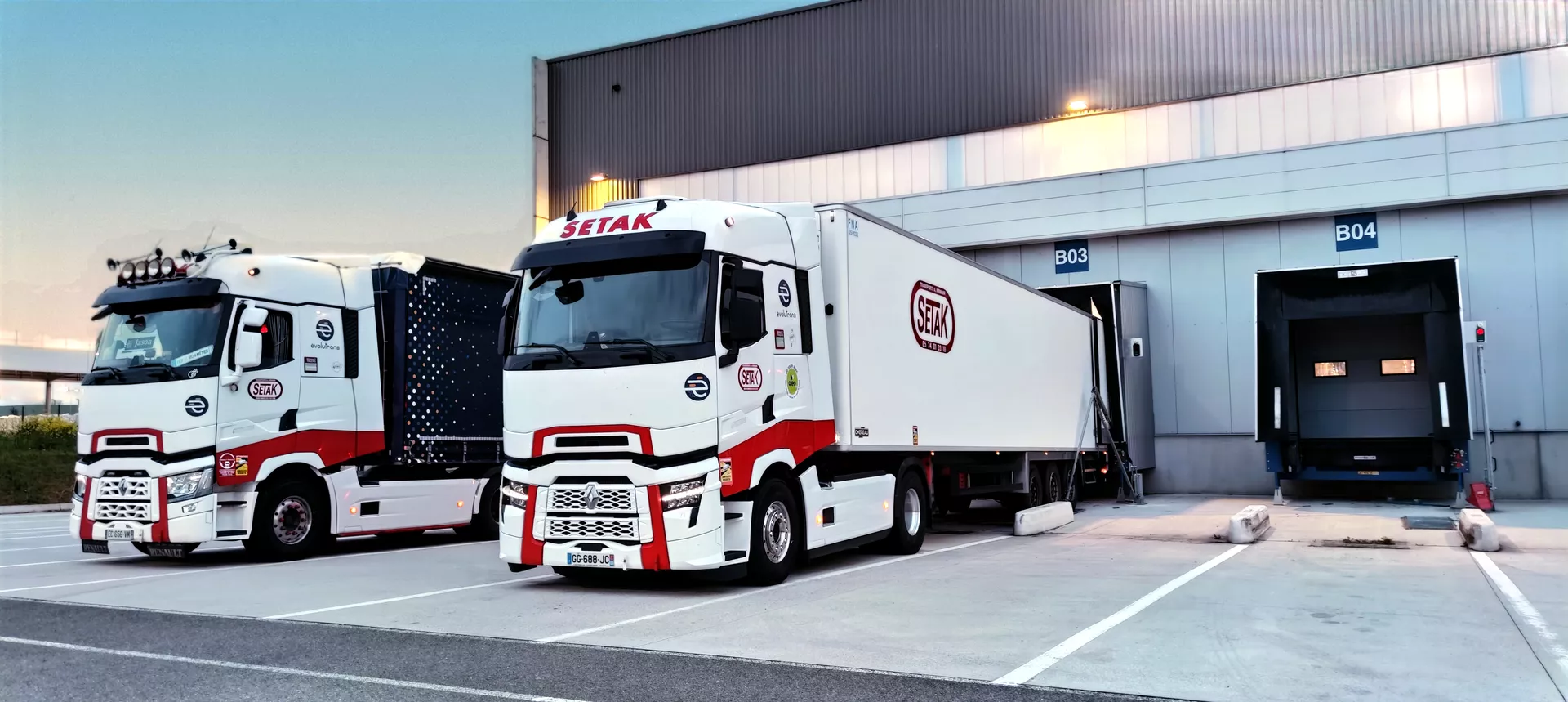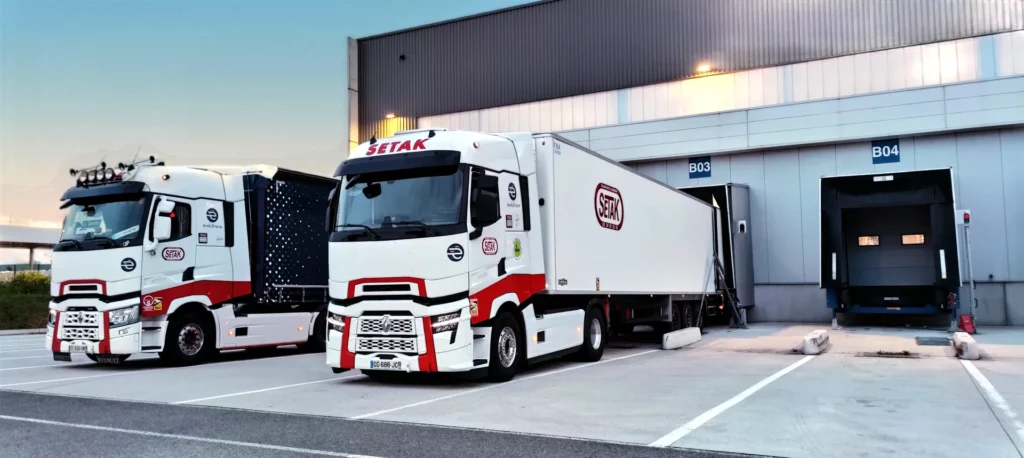Setak, a company based in Ariège, France, near the Spanish border, has succeeded in dramatically reducing its carbon footprint by switching to biofuels. A small revolution in the transportation sector is slowly catching fire.
"You don't feel it at all when you're driving, it's no different from diesel," truck driver Jason Lessen told France Info, proud to drive a semi-trailer that runs exclusively on rapeseed oil, a 100% plant-based biofuel. "It doesn't smell," he said excitedly. Biofuels help protect the environment. It's also positive on a practical level, as it allows them to obtain a Crit'Air1 sticker, which is essential for access to towns and cities that are otherwise off-limits in the French transportation market.
Setak, a transportation company based in Pamier, has made a green transition by gradually replacing its truck fleet with vehicles fueled by French rapeseed (Colza). The biofuel is delivered directly to the company's headquarters. Selling 15,000 liters of rapeseed oil at the same price as diesel, Setak is enthusiastic about its ESG transition. Today, Setak operates 18 of its 40 vehicles on plant-based biofuel (B100) over the past two years, a trend that is expanding across the transportation sector.
Chantal Kirman, CEO of Setak, is pleased with the positive results this decision will bring to the company. In the first nine months of 2023, Setak saved about 600 tons of carbon dioxide. "We now offer clean vehicles to our customers," he says proudly. Some companies, such as sporting goods retailer Decathlon and building materials retailer Leroy Merlant, require transportation vehicles to run exclusively on rapeseed oil.
Rapeseed, which grows mainly in northern France, was previously used to produce animal feed and cooking oil, but part of the plant was wasted. "Engineers have tried to make the most of this by developing this vegetable fuel to replace diesel and help reduce carbon emissions," explains Vivien Monnier, sales manager at Oleo 100, a company specializing in rapeseed oil fuel. The downside is that it consumes 3% more fuel than diesel. Nevertheless, Setak is focused on its carbon footprint. Currently, 90% of its deliveries in the Ariège region are made using rapeseed oil.
#Eco, #ecofriendly, #Economy, #Transportation, #Colza, #rapeseed







